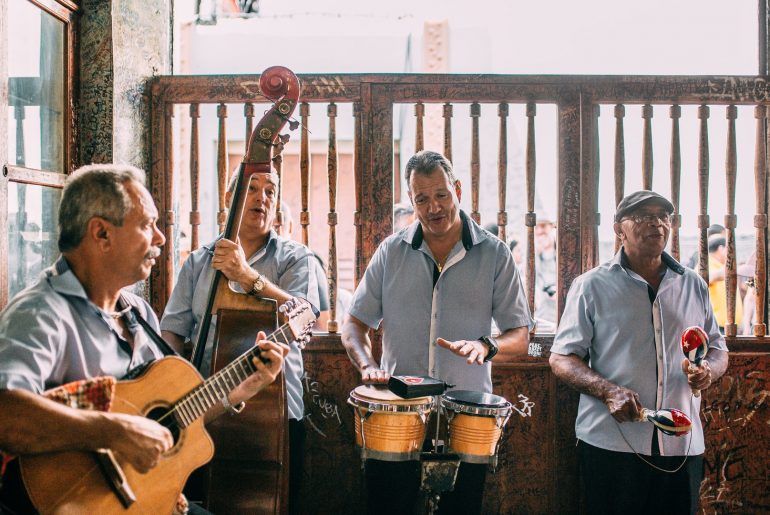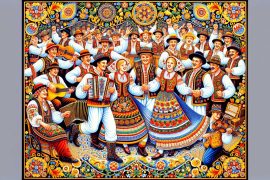The country of Poland has a rich history of Music from the middle ages till today. The musicians from Poland have given the world a diverse genre of Music ranging from mazurka, polonaise, krakowiak, Kujawiak, Polska partner dance music, and Oberbeck also some of the sung poetries. Poland has world renowned pianists like Ignacy Jan Paderewski, Karl Tausig, Krystian Zimerman and, many more.
The medieval era can be traced as far back as the 13th century from the manuscripts found in Stary Sacz retaining polyphonic compositions from the Notre Dame School. Another such piece, such as Bogurodzica, can also be dated back to this period. Later the first-ever notable composer of the 15th century came to be the Mikolaj z Radomir. Then during the 16th century, the two musical ensembles from Krakow made an innovation to Polish Music. The composers fro this time are Mikołaj Zieleński, Gomółka, Marcin Leopolita among others. Later during the 17th-century composers focused on baroque, religious Music, and instruments, and this tradition continued in the 18th century. With this, the tradition of operatic production started in Warsaw in 1628 beginning from the first Italian performance outside of Italy held at Galatea.
Later during the end of the 18th-century classical music evolved into national forms like the Polonaise and Mazurka. The piano pieces by Juliusz Zarębski, Józef Elsner, Frédéric Chopin and Michał Kleofas Ogiński remain poplular till date. Chopin composed many works like waltzes, nocturnes, mazurka, and concertos with traditional polish elements in his pieces. Then came the duration of the wars namely WW I and WW II and during this time the Association of Young Polish Musicians including luminaries like Tadeusz Szeligowski, Michał Spisak, Grażyna Bacewicz, Zygmunt Mycielski. Later, when communism was rampant in the country, many composers like Roman Palester and Andrzej panufnik remained in exile by fleeing the country.

The death of Stalin, led by the political crisis of 1956, was characterized by the use of sonorism and dodecaphonism. During this period, Music flourished unlike in many other parts of Europe, where it was discouraged by their dictators as it was said to impose an ideological threat to their reign. Poland wasn’t like this and gave much freedom to their musicians, and composers, which led to great Music being composed during this period. The end of WW II led to the Polish revival movement, and it paved the way for folk traditions to be cultivated during this time. The most famous of these highly organized and promoted events were Slask and Mazowse, both of these still performed to date. Other music genres like contemporary, heavy metal, death metal, thrash metal, and gothic metal are some of those that emerged from Poland. Thus Poland has seen a massive surge in Music and arts as the times evolved, and with it evolved Poland’s diverse and rich Music too.







Comments are closed.